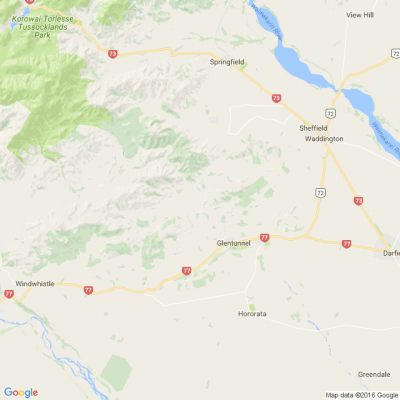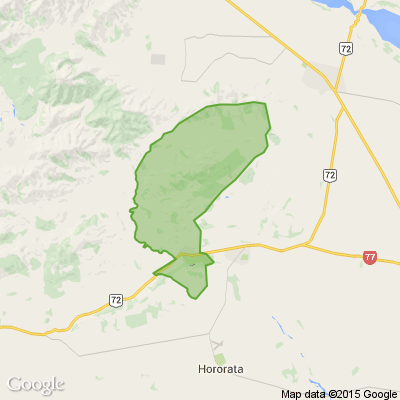Canterbury ratepayers face 17.9% rates hike
By David Hill, Local Democracy Reporter
Canterbury households are facing a lower than expected rates rise after the regional council found savings, including delaying some transport projects.
After two days of deliberations last week, Environment Canterbury pulled back its proposed average rates rise from 24.2% to 17.9%.
Acting chairperson Craig Pauling said there were some tense negotiations, but he was pleased with the outcome.
The councillors voted on 15 main resolutions, with several resulting in close division among the 16 councillors, he said.
‘‘Even though it was tense throughout, there was good support at the end and people felt there was some good give and take in the room,’’ Pauling said.
‘‘The feeling in the room was, ‘we have done all we could have’.’’
More than 1300 submissions were received on the draft long-term plan, with 153 making oral presentations during the hearings, which were held over four days.
‘‘We tested the water with some bold options in our consultation and the response demonstrated there were mixed views, with some saying we needed to deliver more, while others identified we could make savings or prioritise work,’’ Pauling said.
Savings were made by delaying some of the proposed public transport projects, including delaying work on a mass transit business case until year 2 and postponing bus route improvement work until year three.
‘‘It makes sense to delay this work so we have a better idea of where the Government and Waka Kotahi (NZ Transport Agency) are heading,’’ Pauling said.
‘‘Some councillors thought we should be more cautious, but if we don’t put it in the plan, we don’t get anything from Waka Kotahi.’’
About three-quarters of submissions supported the council increasing its spending on ‘‘river resilience’’, including flood protection, and pest and weed control.
The council is proposing to invest $25 million a year, over the next 10 years, to boost flood protection.
There was strong support for a district-wide rate for river resilience in Selwyn, and the council was considering similar options from the Ashley Rakahuri River and other rivers in South Canterbury.
Pauling said it would need support from the community, local councils and ultimately central Government.
‘‘Over the last five years we have been getting more and more requests for how we might move forward in addressing our rivers.
‘‘It is recognition that rivers are important to everybody.’’
He said river resilience was a national issue, as disruption to bridges on major routes could affect the whole country.
‘‘Room for rivers’’ was an important conversation and could be achieved by buying land, such as Environment Canterbury buying land beside the Ashburton River.
Another example was the Waimakariri District Council’s land purchase on Lineside Rd, beside the Cam Ruataniwha River.
‘‘By acquiring the land we can do something great for the community,’’ Pauling said.
Council staff will now finalise the long-term plan before it is audited by Audit New Zealand and adopted by councillors on June 26.
■ LDR is local body journalism co-funded by RNZ and NZ On Air.

Time to Tickle Your Thinker 🧠
If a zookeeper had 100 pairs of animals in her zoo, and two pairs of babies are born for each one of the original animals, then (sadly) 23 animals don’t survive, how many animals do you have left in total?
Do you think you know the answer? Simply 'Like' this post and we'll post the answer in the comments below at 2pm on the day!
Want to stop seeing these in your newsfeed? No worries! Simply head here and click once on the Following button.

Poll: As a customer, what do you think about automation?
The Press investigates the growing reliance on your unpaid labour.
Automation (or the “unpaid shift”) is often described as efficient ... but it tends to benefit employers more than consumers.
We want to know: What do you think about automation?
Are you for, or against?

-
9.6% For. Self-service is less frustrating and convenient.
-
43.2% I want to be able to choose.
-
47.2% Against. I want to deal with people.
Have you got New Zealand's best shed? Show us and win!
Once again, Resene and NZ Gardener are on the hunt for New Zealand’s best shed! Send in the photos and the stories behind your man caves, she sheds, clever upcycled spaces, potty potting sheds and colourful chicken coops. The Resene Shed of the Year 2026 winner receives $1000 Resene ColorShop voucher, a $908 large Vegepod Starter Pack and a one-year subscription to NZ Gardener. To enter, tell us in writing (no more than 500 words) why your garden shed is New Zealand’s best, and send up to five high-quality photos by email to mailbox@nzgardener.co.nz. Entries close February 23, 2026.







 Loading…
Loading…






